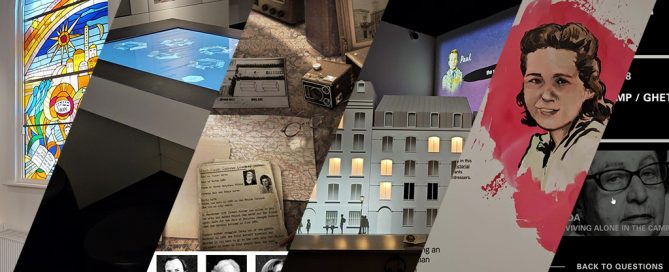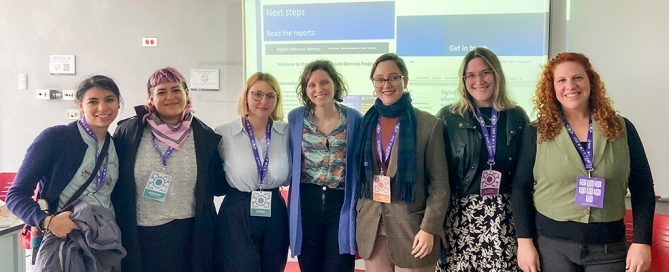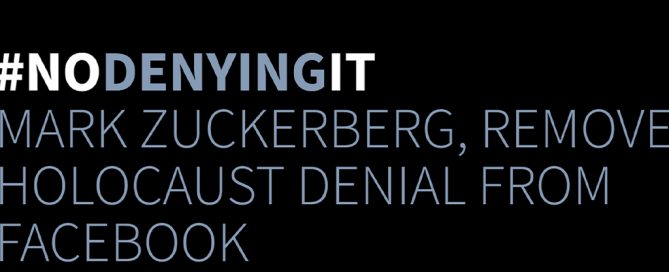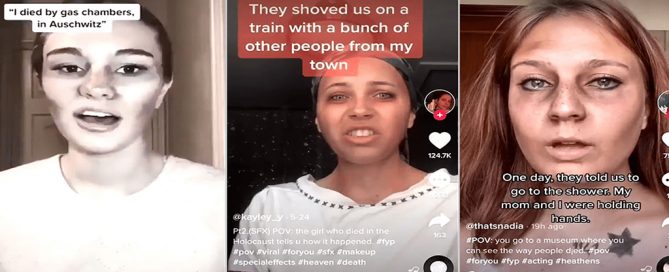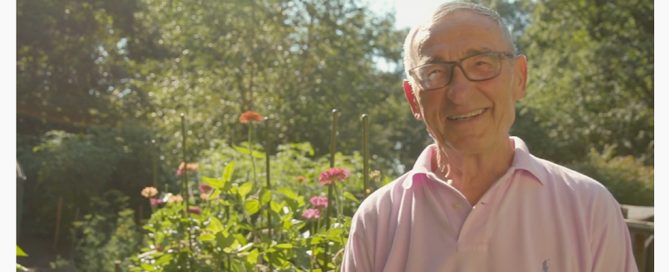Spotlight on Melbourne Holocaust Museum
by Victoria Grace Walden In perhaps the most unusual way to return from maternity leave, my first day back involved a 24-hour journey from the UK to Melbourne, Australia (and yes, with the baby!). When I originally got in contact with Anna Hirsh – now Manager of Collections and Research at the museum and the fabulous host of my scholar-in-residence – she was working at what was then called Melbourne’s Jewish Holocaust Centre and in 2020 the site closed its doors for a major refurbishment and rebranding. A Long History of Multimedia At that time, staff created a virtual walkthrough of the main exhibition to archive its existence. Now it was closed (as it would have been – pandemic or not), school groups and other visitors could explore its content. This was not just a photo-realist experience of the exhibition space though; it was enhanced by extra video content such as behind-the-scenes moments with curators (Curators’ Corner series) and importantly mini-tours from survivors explaining some of the exhibited materials - much of this additional content came from existing digital projects. Jewish Holocaust Centre Melbourne Virtual Tour The centre was established by a survivor community, opening in March 1984. [...]
